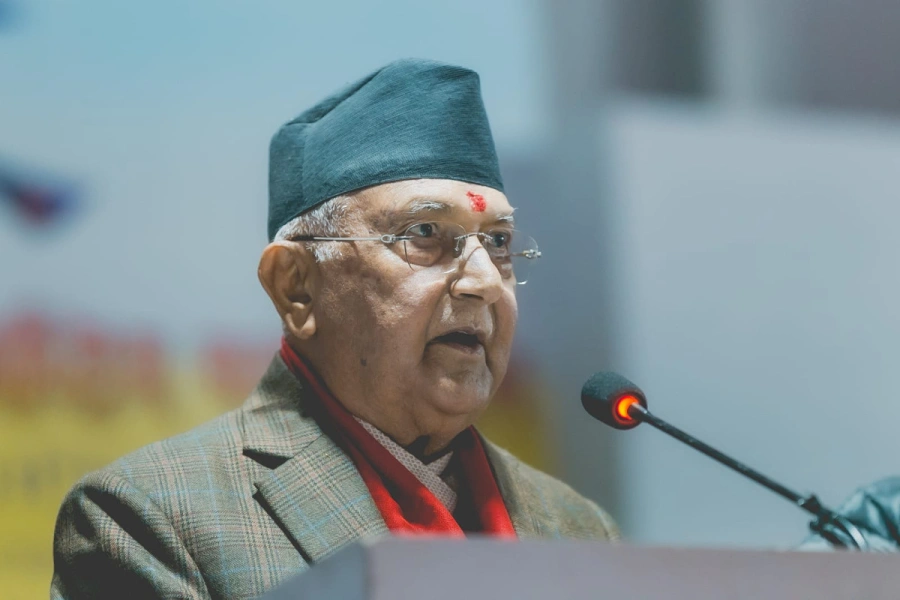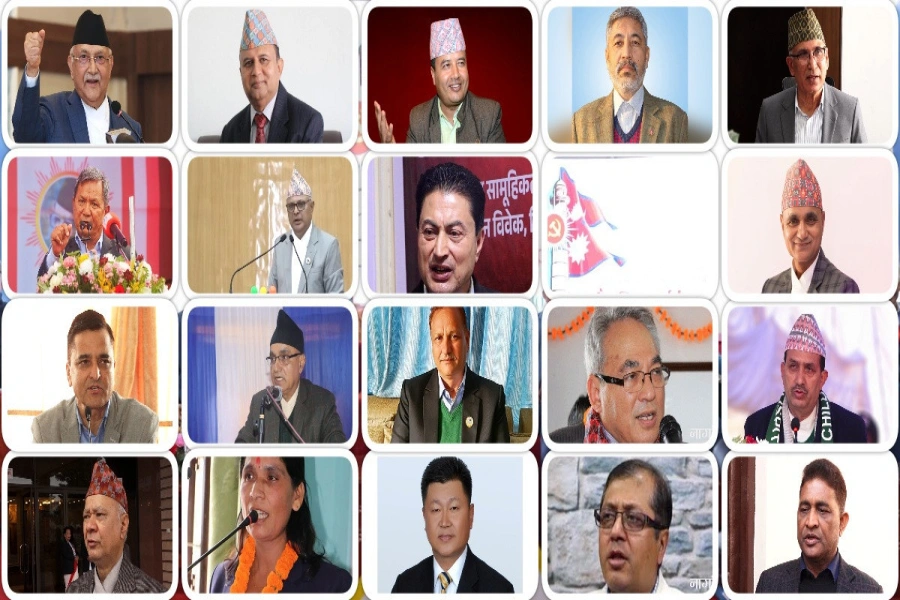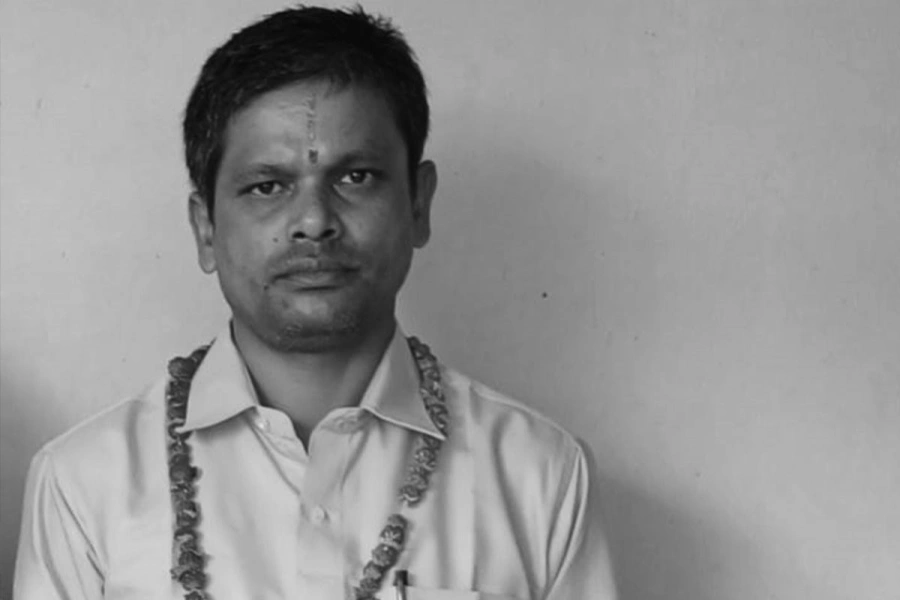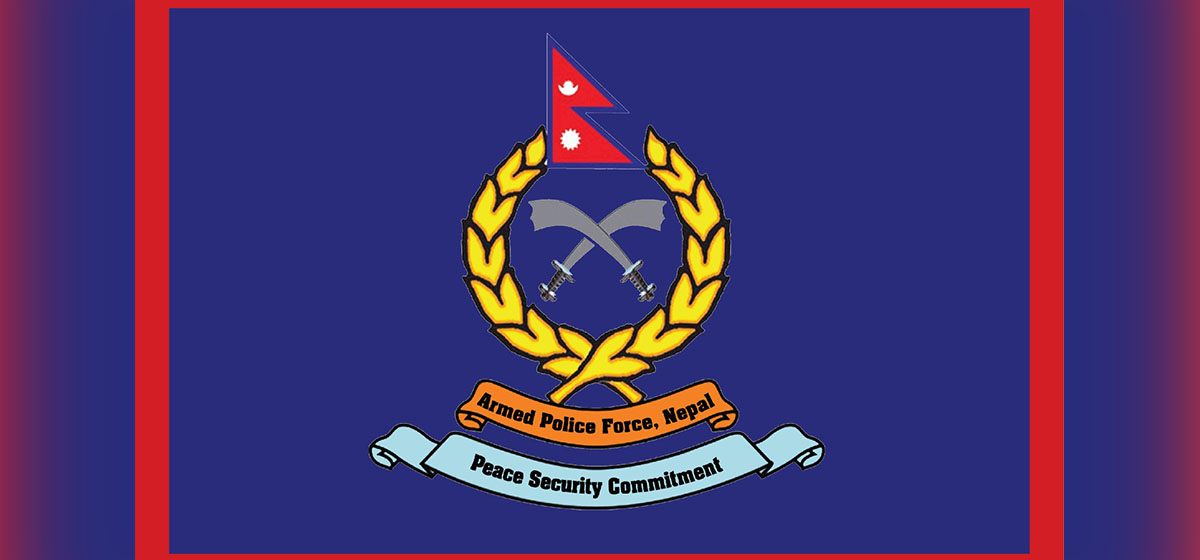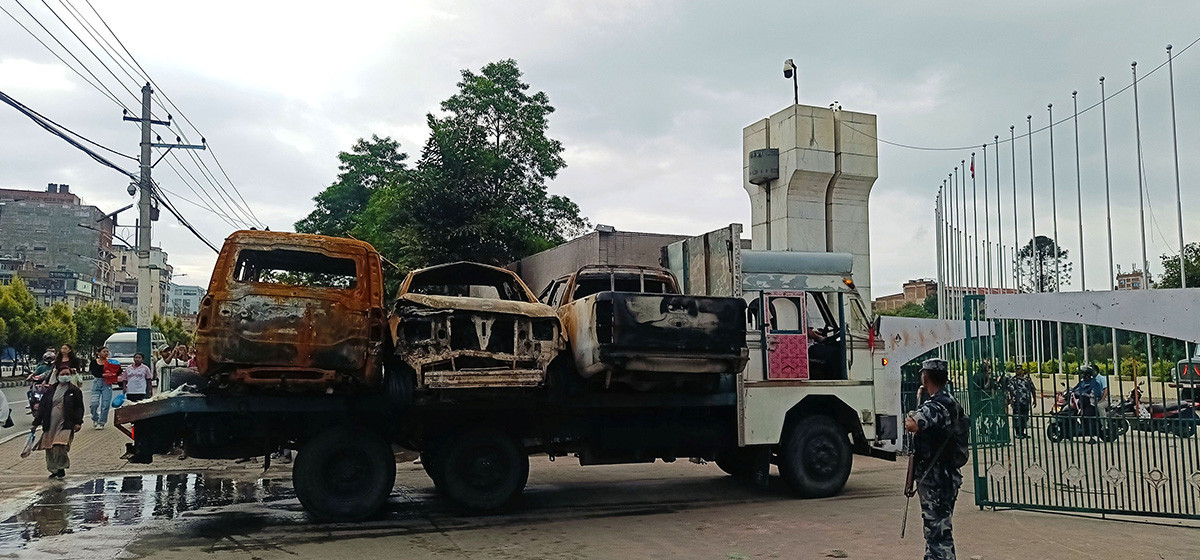Tribhuvan University has not been able to create basic infrastructure, student-centric teaching model and other facilities to properly run semester system
Since the start of formal education practice in Nepal, the government has tried various systems for ensuring quality education and producing excellent human resources. During the 1970s, the government of the day came up with semester system in the college level education but this system couldn’t last long and was soon replaced with annual system in 1980. After 34 years, in 2014, Tribhuvan University re-introduced the semester system with the great objective.
In an interview Rector Sudha Tripathi had said: “Semester system will discourage absenteeism, compel students to complete assignments and will help the teachers know their students’ weaknesses and strengths, provide more time to teachers to work on research and assignments, and provide timely feedback”. We wish. From the outside, it might seem like the university has witnessed dramatic change in teaching-learning after implementing semester system. It is presumed classrooms are overpowered by academic activities and there is no more teacher-centric education and passive student. It’s believed that student is offered with platform to explore new knowledge, think critically and write analytically.
Reality is very different.
As students of semester system we have never enjoyed such advance learning environment. Hridish Pokhrel, Executive Director at Office of Planning Directorate at TU has said “students may face some problems regarding exam schedule and syllabus completion” in the initial days. Valid for initial phase. But how long should such phase last at TU?
Revised interest rate corridor system introduced

As fourth batch students in Central Department of English we have experienced teachers taking more than seven hours’ continuous extra class in a day to complete the course. This happens in almost every semester. Don’t take our words. Talk to a student for five minutes and he will tell you what we mean. There are many cases of drop-out because of such problems.
Semester system itself is not flawed but our university has not been able to create basic infrastructure, student-centric teaching model and other basic facilities to properly run it. There is a kind of invisible monopoly of teachers. “Even in some context when whole class is dissatisfied with teaching method of a specific teacher, no student dares to complain because teachers pocket 40 marks under practical count” said Samikchha Rai student of Education Department. “Once I complained against one lecturer and he gave me only 19 marks out of 40.”
Semester system is no more an attractive alternative it was thought to be at one time.
Some student wings are also opposing this system citing various practical reasons such as curriculum change. The TU administration, however, has not paid much attention to such voices. Classroom infrastructure is poor. It’s shameful to mention that sometime the first task student performs after entering the class is ‘chasing away the dogs from classroom.’ There is no proper drinking water and students collect money to buy water jar from nearby grocery. And toilets are horrible.
Now all constituent and affiliated colleges of TU are going to implement semester system for all master’s degree programs. We wonder how these colleges will manage to run it properly even while the central campus in Kathmandu is struggling or failing to run it smoothly.
TU administration could start with systematic management of university classes including infrastructure, curriculum and student-friendly academic environment. Dynamic curriculum is the first requirement because effectiveness of education very much depends on it. The job market has taken a radical shift over the last few decades but TU is still teaching the courses which are almost outdated. In 2017 more than 80 percent students from first and third semester of English Department submitted application demanding ‘translation’ as a paper in third semester. Translation could be a vocational learning and their demand was valid. But nothing has been done about this demand.
The beauty of semester system is that students have multiple choices in the courses offered. But in TU students are not given many choices. “Job market looks for translators and writing experts. I secured good GPA by learning bunch of theories, stories and poetries but none of this is useful for me now,” said Shushil Poudyal, who passed his MA and is looking for job now.
TU must consider some infrastructural changes like well-equipped classroom with round table for teacher-student participation, internet facility, and updated library with online database, over-head projectors and other basic facilities. The university has not been able to provide discussion room for teacher-student interaction and not even a hall to conduct program.
Every education system has some flaws and semester system is no exception. Despite the flaws, semester system has something good about it too. According to Executive Director at the Office of Planning Directorate, pass percentage on an average is 70 percent, which used to be only 35 percent in annual system. Student drop-out rate has come down to five percent from 25 percent. This means semester system has its benefits. This is why it needs to be implemented in better way by correcting the flaws and solving long-standing academic defects.
The authors are pursuing Master’s Degree at Tribhuvan University’s Central Department of English



